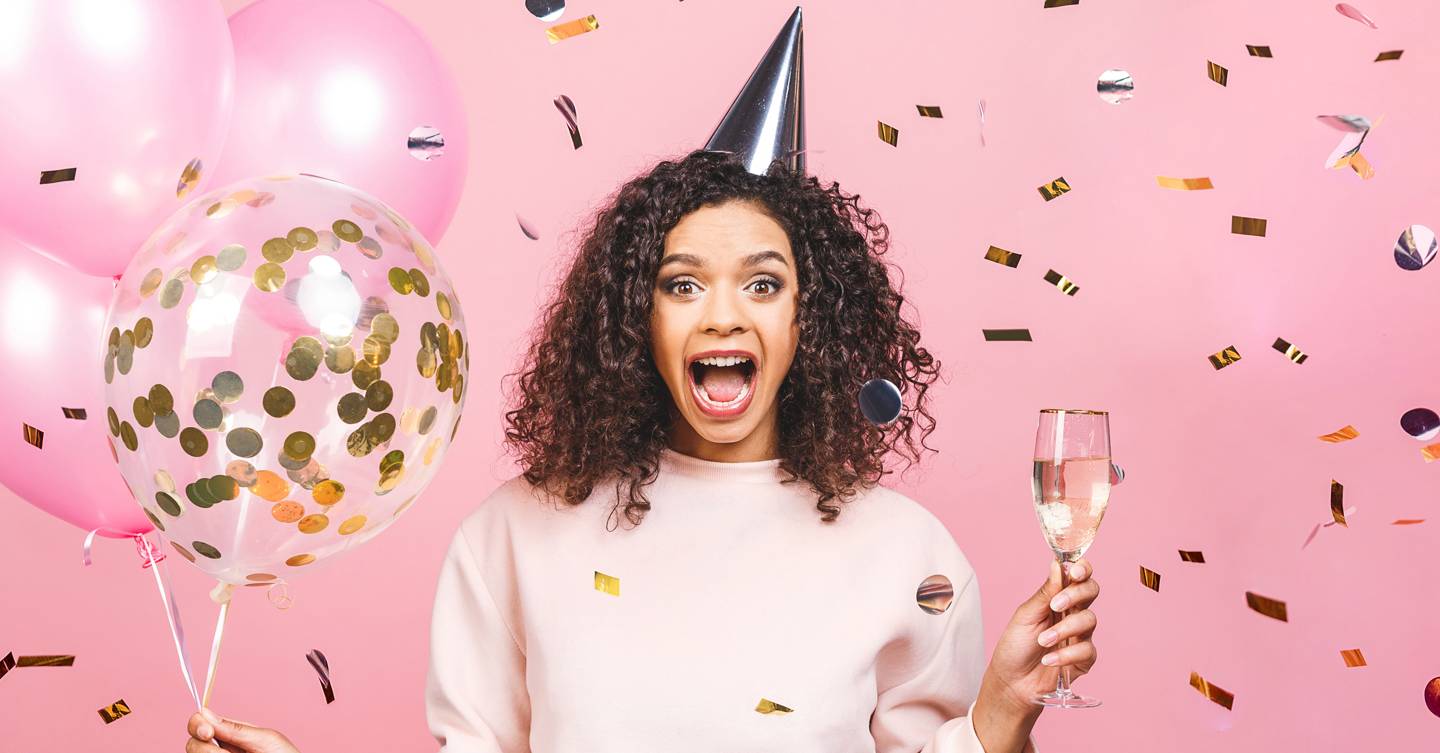I’m feeling a little nervous. Not about the borders being shut, nor about the new variant of Covid-19 sweeping the nation (although, I have experienced my fair share of fear over them both). No, I’m nervous that people are thinking all of this will magically be over once the clock strikes midnight on 31st December.
“So long 2020!” one Instagram caption said. “Only one week left of 2020!” another read. Am I the only one thinking we’re setting ourselves up for cataclysmic disappointment? Covid isn’t going to expire with the tug of a party popper. Brexit will still happen (and most likely without a deal). And the clean-slate mantra of “New Year, new me” certainly doesn’t apply to the economy.
My only hope for 2021 is that it becomes less calamitous as the months roll on, rather than more. Think about it: 2020 started off ok – I mean, it wasn’t great, but it was ok. It proceeded to get progressively worse with every twisted turn of events culminating in a total clusterf*ck of a December – a mutated new strain of Covid, international ostracism, no deal Brexit and no Christmas.
2021, however, will probably start off pretty poorly. How could it not? It will inherit all the failures and frustrations of the previous months. But then, it will get better. The vaccine will be rolled out to the vulnerable. The warmer months will lower the cases of seasonal flu, relieving some pressure on the NHS. We’ll be allowed out again. Hey, we might even be able to go abroad.
I’m not saying we shouldn’t hope for better days. On the contrary, I say optimism is all that will get us through. But I’m a firm believer in keeping expectations low to avoid disappointment – and it’s not just me that believes in this approach. Researchers at UCL found that low expectations are the key to feeling happy with outcomes. Their experiment found that the participants’ happiness didn’t depend on how well things were actually going, but rather on whether they were going better than expected. Dr Robb Rutledge, lead author of the study, said in a statement: “It is often said that you will be happier if your expectations are lower. We find that there is some truth to this: lower expectations make it more likely that an outcome will exceed those expectations and have a positive impact on happiness…[We] were surprised to find just how important expectations are in determining happiness.”
It’s important to note, however, that low expectations aren’t all doom and gloom and having them isn’t the same as having a pessimistic outlook. You should still make plans and look forward to them – but just don’t pin your future happiness on those plans going perfectly. Book a birthday meal, but don’t anticipate the best food of your life. Organise a staycation, but don’t bank on the weather being great. Look forward to 2021, but don’t expect it to solve all your problems.

